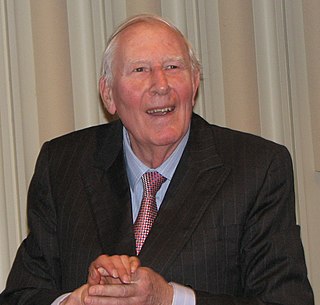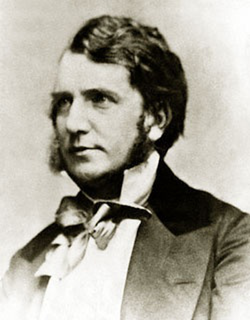A Quote by Emily Bronte
We must be for ourselves in the long run; the mild and generous are only more justly selfish than the domineering.
Related Quotes
We run, not because we think it is doing us good, but because we enjoy it and cannot help ourselves...The more restricted our society and work become, the more necessary it will be to find some outlet for this craving for freedom. No one can say, 'You must not run faster than this, or jump higher than that.' The human spirit is indomitable.
Don't aim at success — the more you aim at it and make it a target, the more you are going to miss it. For success, like happiness, cannot be pursued; it must ensue, and it only does so as the unintended side-effect of one's personal dedication to a cause greater than oneself or as the by-product of one's surrender to a person other than oneself. Happiness must happen, and the same holds for success: you have to let it happen by not caring about it. I want you to listen to what your conscience commands you to do and go on to carry it out to the best of your knowledge. Then you will live to see that in the long run — in the long run, I say — success will follow you precisely because you had forgotten to think of it.
I wonder why anyone would hesitate to be generous with their writing. I mean, if you really want to make a living, go to Wall Street and trade oil futures ... We're writers. We're doing something that is inherently a generous act. We're exposing ourselves to the muse and to the things that frighten us. Why do that if you're not willing to be generous? And paradoxically, almost ironically, it turns out that the more generous you are, the more money you make. But that's secondary. For me, the privilege of being generous is why I get to do this.
As long as we are flippant and stupid and shallow and think that we know ourselves, we shall never give ourselves over to Jesus Christ; but when once we become conscious that we are infinitely more than we can fathom, and infinitely greater in possibility either for good or bad than we can know, we shall be only too glad to hand ourselves over to Him.
In overlooking, denying, evading this complexity--which is nothing more than the disquieting complexity of ourselves--we are diminished and we perish; only within this web of ambiguity, paradox, this hunger, danger, darkness, can we find at once ourselves and the power that will free us from ourselves. It is this power of revelation that is the business of the novelist, this journey toward a more vast reality which must take precedence over other claims.
You will think me cruel, very selfish, but love is always selfish; the more ardent the more selfish. How jealous I am you cannot know. You must come with me, loving me, to death; or else hate me, and still come with me, and hating me through death and after. There is no such word as indifference in my apathetic nature.







































